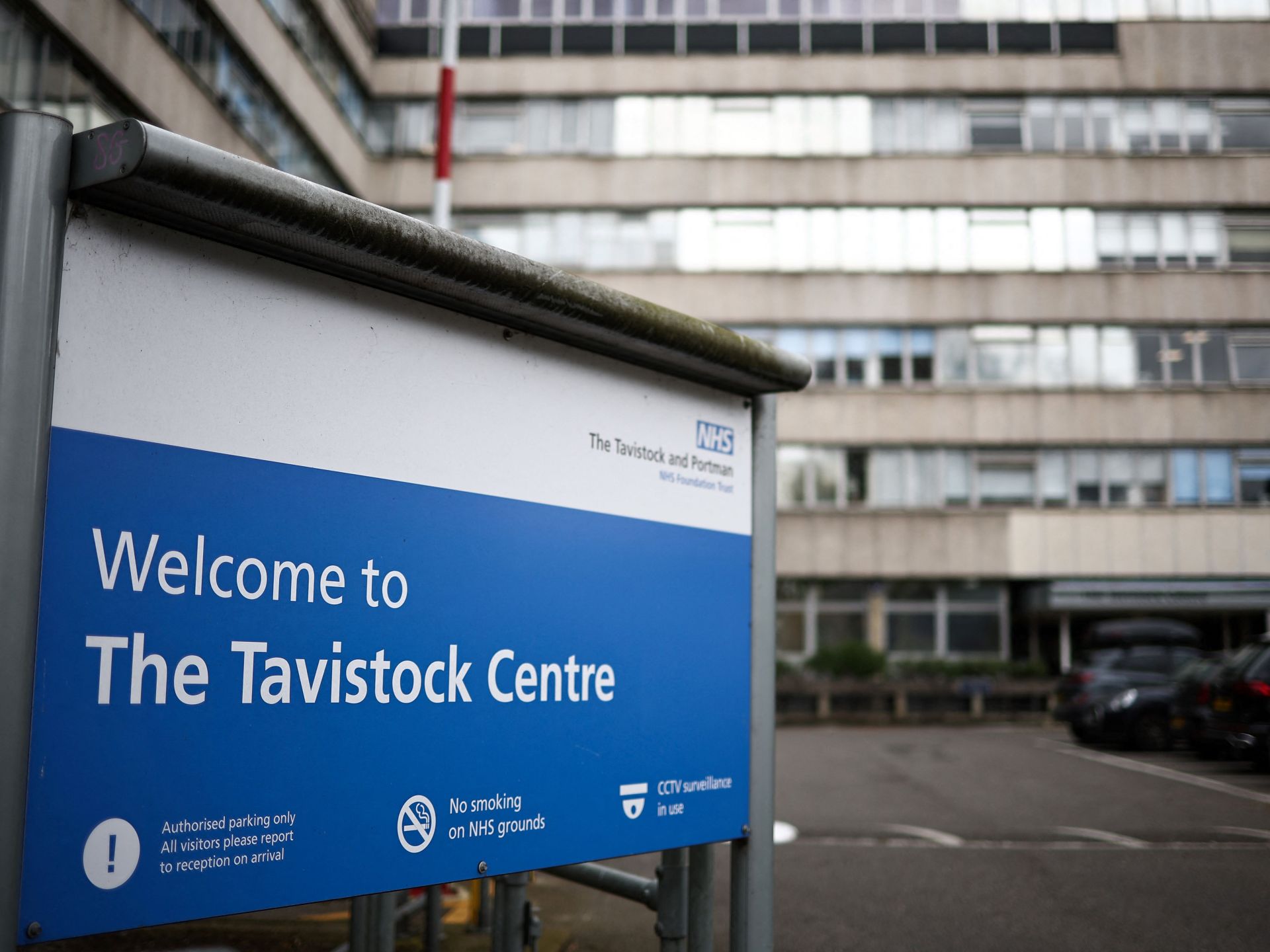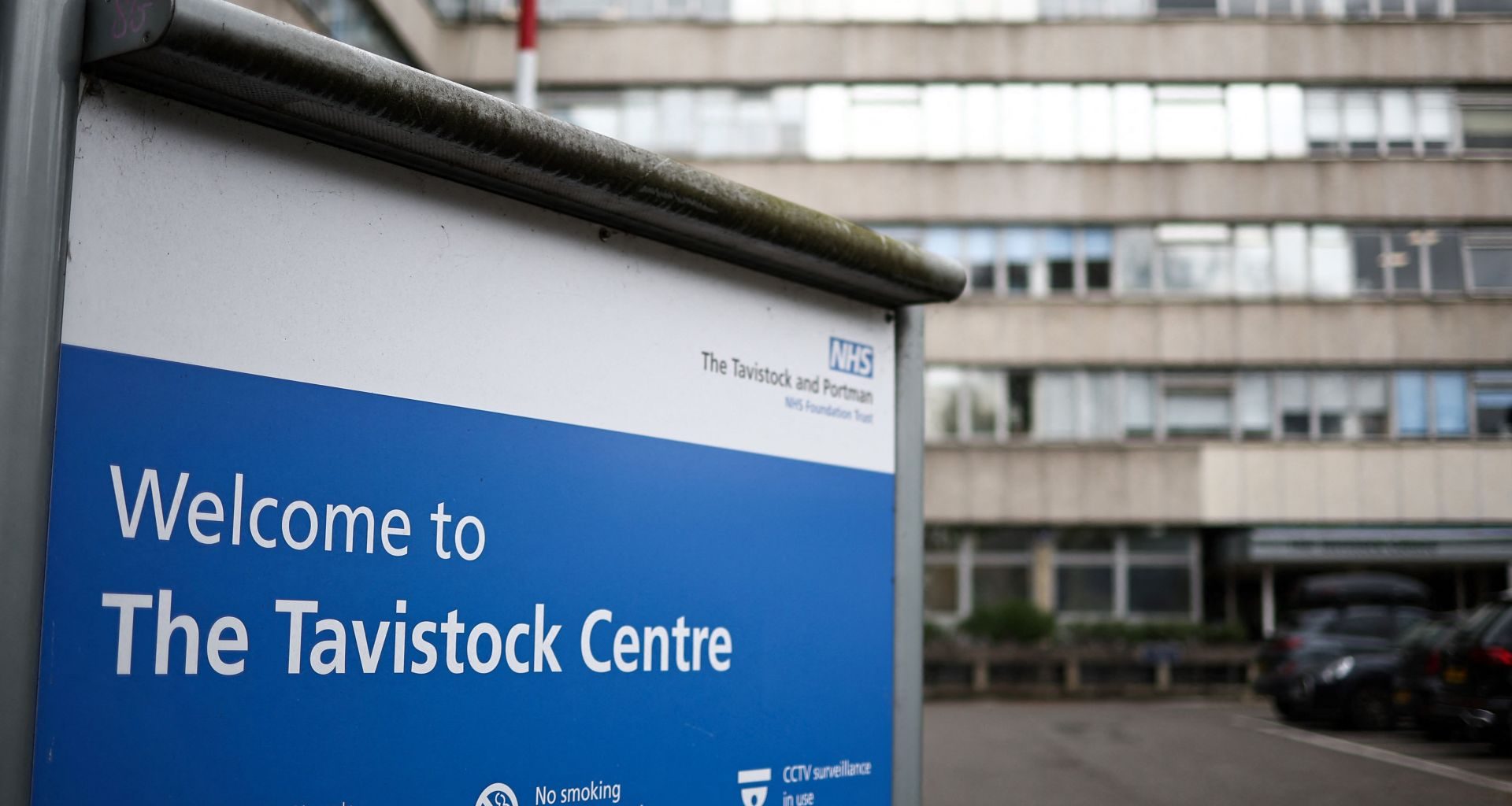
In England, a landmark independent review into gender care services for young people has exposed one of the biggest medical negligence scandals of recent times and vindicated those who have been accused of engaging in malicious “culture wars” and branded as unkind bigots for opposing unnecessary medicalisation of children.
The review, conducted by respected paediatrician Hilary Cass, found that some of the most vulnerable members of society – children presenting with “gender dysphoria” which, in many cases, masks autism, sexual abuse, trauma and confusion over same-sex attraction, among other conditions – have been let down by a lack of research and “remarkably weak” evidence on medical interventions in England’s gender care clinics.
The National Health Service (NHS England) said it commissioned the review, published on April 10, to ensure that “children and young people who are questioning their gender identity or experiencing gender dysphoria receive a high standard of care, that meets their needs, is safe, holistic and effective.”
The review’s intentions, and thus its conclusions, are of course disputed by those who insist that anyone claiming to be transgender must be instantly affirmed – and in the case of a child, given access to puberty blockers.
Puberty blockers – hormones that stop the progress of puberty – have long been at the centre of the dispute over whether medical interventions offered to gender-questioning children are safe and fit for purpose.
In short, Cass has found that puberty blockers do indeed have side effects and negative health implications. Her inquiry concluded that there is, at best, weak evidence that these drugs are safe and beneficial to gender-questioning children, especially in the long term.
Cass told the BBC that the use of puberty blockers to “arrest puberty” started out as a clinical trial, but has been expanded to a wider group of young people before the results of that trial were available.
“It is unusual for us to give a potentially life-changing treatment to young people and not know what happens to them in adulthood, and that’s been a particular problem that we have not had the follow-up into adulthood to know what the results of this are,” she said.
To make sense of this scandal, and understand how the NHS came to offer this experimental treatment to vulnerable children without obtaining meaningful evidence for its safety and efficacy, we must examine how British institutions have been captured by “gender ideology” – the belief that an individual’s internal sense of gender, or “gender identity”, should supersede their sex in all aspects of life and under law.
In 2016, Women and Equalities Minister Maria Miller led an inquiry into transgender equality that strongly recommended that the United Kingdom legally adopt principles of gender self-declaration, which would allow any individual to decide whether they would be considered male or female according to their own “gender identity”.
Miller signed off a report advising a change to the Equality Act which would replace the protected characteristic of “gender reassignment” with “gender identity”. In so doing, she suggested that the inner feeling of “gender” should take precedence over legal sex.
Feminists complained – for us, this was a matter of protecting our hard-won sex-based rights. But Miller dismissed women’s fury about the erosion of single-sex provisions in domestic violence refuges and prisons among other aspects of life as “extraordinary” bigotry.
The feminist resistance to gender ideology and objection to harm it inflicts on women and children, however, did not start with Miller’s misguided inquiry, which ramped up institutional capture.
The first article I ever wrote on the trans issue was published in the Telegraph Magazine in November 2003. It was about those who had undergone “sex change” surgery (the popular parlance of the time).
Researching that article, I discovered that Mermaids (a charity supporting children and teenagers with “gender identity disorder”) had seen a dramatic increase in inquiries since its founding in 1995. “Sex-change” treatment, including puberty blockers, was available to children as young as 14, despite evidence (even then) from the Tavistock and Portman NHS Foundation Trust that one in four teenagers seeking “gender reassignment” would later change their minds.
Soon after, I wrote about Vancouver Rape Relief (VRR), in Canada. In August 1995, two VRR employees had asked Kimberly Nixon (a trans-identified male) to leave its counsellor training, which prepared attendees to offer face-to-face support to women traumatised as a result of male violence. The following day, Nixon filed a human rights complaint, initiating a lengthy legal battle.
The publication of this article in Guardian Weekend on January 30, 2004, headed “Gender Benders, Beware”, led directly to me being cast out by trans activists.
Invitations to prestigious events were withdrawn. I was shortlisted for awards, only to be un-shortlisted when the organisers found themselves under pressure.
Refusing to bow down to these efforts, I and a small number of other feminists continued to speak out – as did some valiant whistle-blowers. These were people working within gender clinics, horrified by the creeping normalisation of transitioning “gender-distressed” children.
In September 2017, Woman’s Place UK (WPUK) was founded by a group of feminists in response to planned new legislation by Miller, and everything changed as groups of women began to organise. Resistance to gender ideology was now driving feminist activism.
These efforts, however, did not immediately put a stop to institutional capture. There was a spike in the number of children, overwhelmingly girls, presenting with gender dysphoria and being referred to gender clinics, but this did not concern trans activists and their supporters in positions of power. More than 5,000 referrals were made to the Gender Identity Development Service (GIDS) in London in 2021-22, compared to just 500 hundred a decade earlier. Almost two-thirds of referrals in recent years were teenage girls. Still, people continued to dismiss our concerns over gender ideology and its medicalisation of children as hyperbole and bigotry.
By July 2023, the situation in schools in some parts of the country had become so urgent that concerned parents started to take matters into their own hands.
In the Brighton and Hove area, where a number of children were being allowed to “socially transition” at school, for example, concerned parents set up PSHE Brighton to assess the delivery of Personal, Social, Health, and Economic Education (PSHE) and Relationships and Sex Education (RSE) in local schools.
So far, more than 20 local families contacted them and voiced their worry that their children may be being transitioned “from the classroom to the clinic”.
One such family was 16-year-old Catherine’s.
Catherine is autistic and, in less than two years, has gone from being a feminist and a proud lesbian to identifying as a boy. Now fixated on medical and surgical transition, she appears to have experienced rapid onset gender dysphoria after accessing material from trans-affirming charities like Mermaids online.
Her parents say she forced her school into making a social work referral by self-harming and reporting false information about her family. They explain that they had secured agreement from both Catherine’s headteacher and a private counselling service that social transition would be inappropriate for her before a full assessment of her needs had been carried out. Nevertheless, her parents say that “an unholy alliance of well-meaning teachers and social workers, misguided by potentially unlawful policies, practices, procedures, and training, have led to Catherine transitioning – first socially and then medically”.
Today, Catherine is estranged from both of her parents.
There are many, many more families going through this hell, and many children like Catherine who are exposed to experimental treatments with permanent side effects, as a result of an almost blind acceptance by individuals and institutions of gender ideology.
For years, those of us who tried to put a stop to this have been accused of being bigoted, unkind, and motivated by a dislike of trans people. For years, it has been claimed that it was not feminists and concerned parents, but ideological charities like Mermaids who were doing what is best for “trans children”. Women lost their jobs, reputations and, often, sanity for speaking up against gender ideology, and its medicalisation of vulnerable children. Thankfully, Hilary Cass has finally exposed the truth, proved that it was not us who were being “unkind” but those unnecessarily medicalising children, and brought us one step closer to throwing the harmful delusion that is gender ideology into the dustbin of history.
The views expressed in this article are the author’s own and do not necessarily reflect Al Jazeera’s editorial stance.
Read More: World News | Entertainment News | Celeb News
Aljazera









